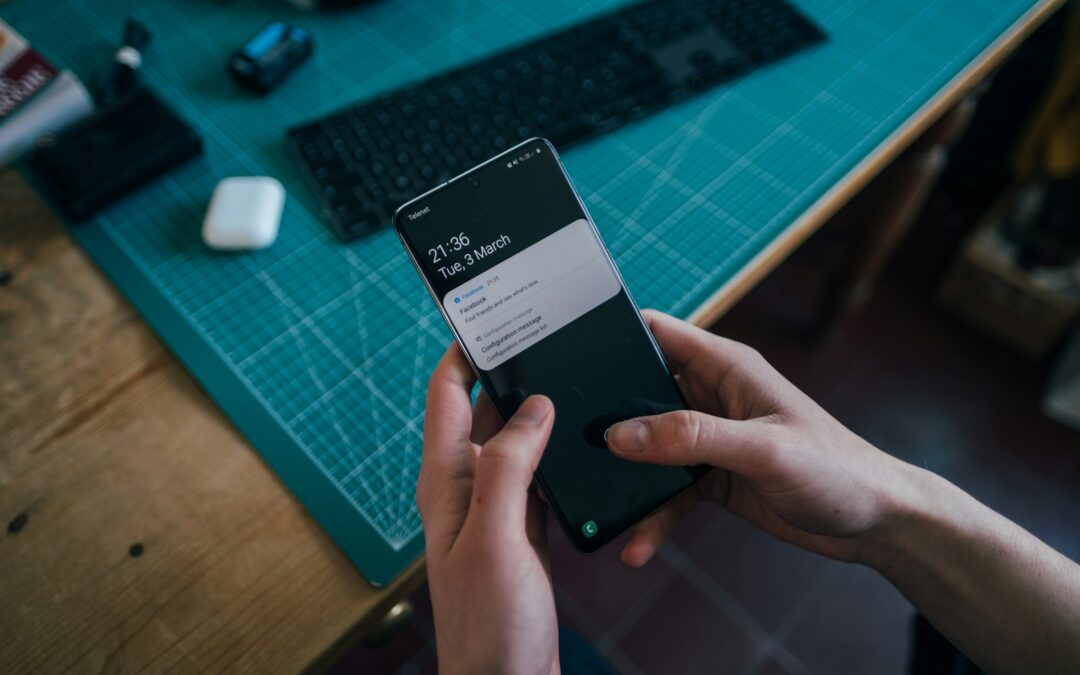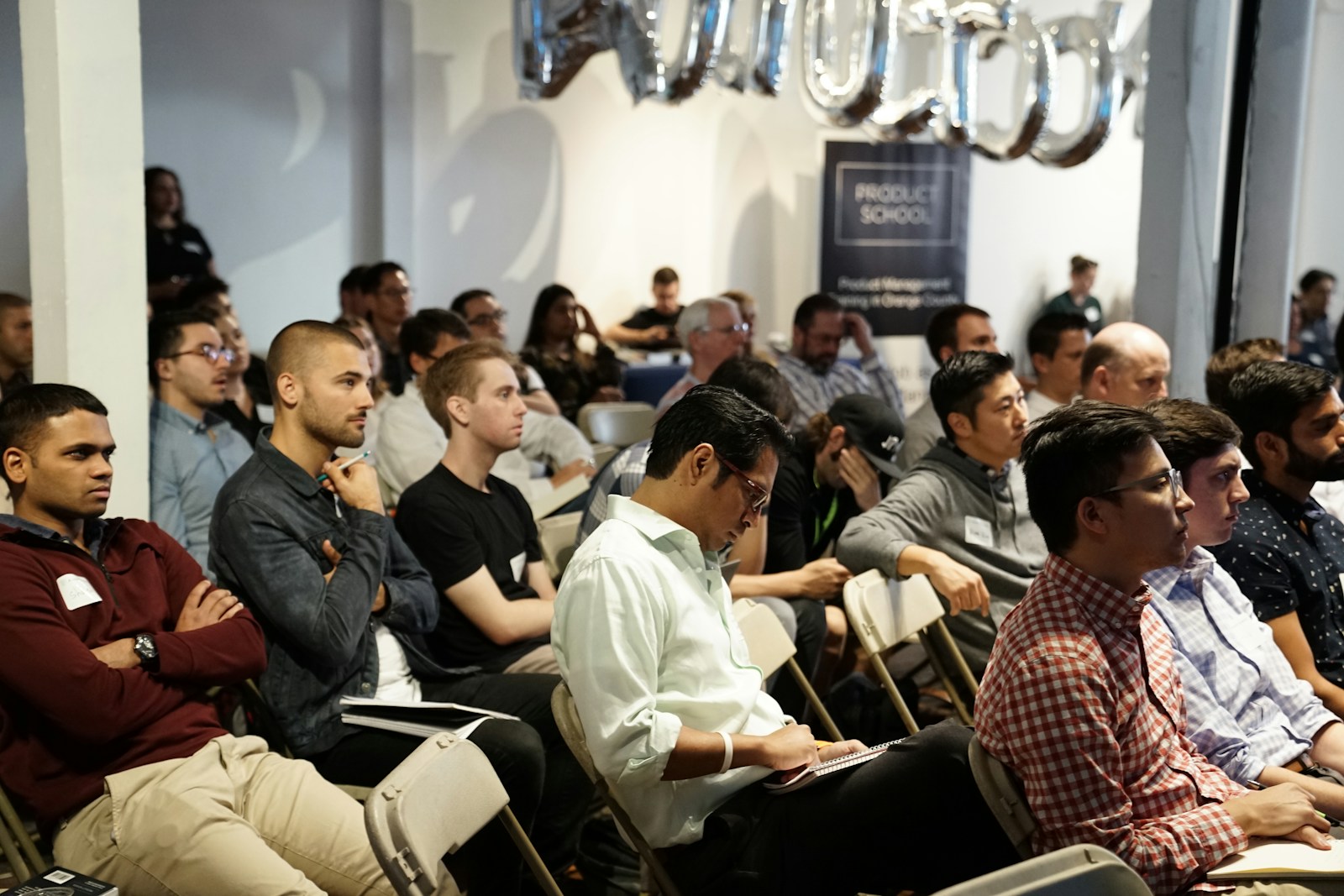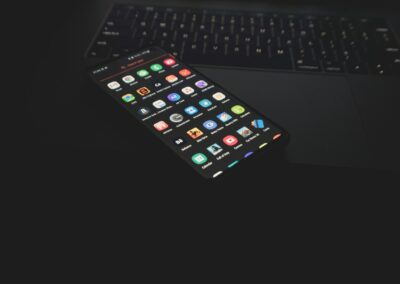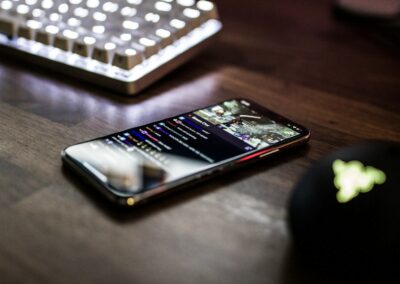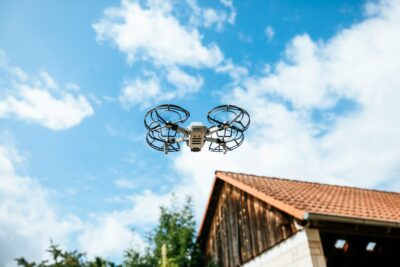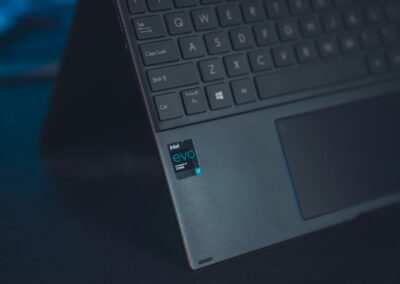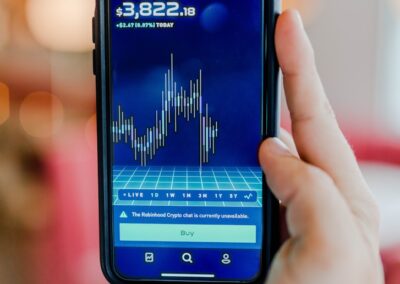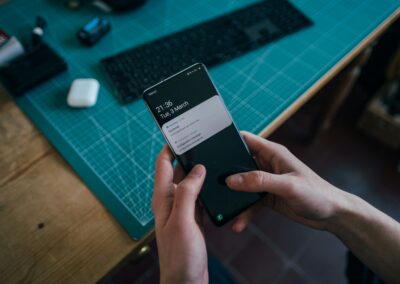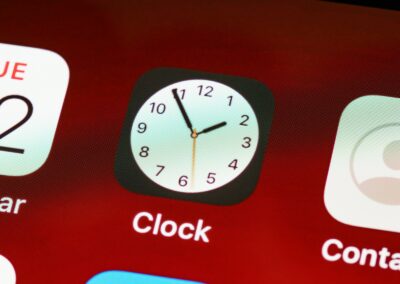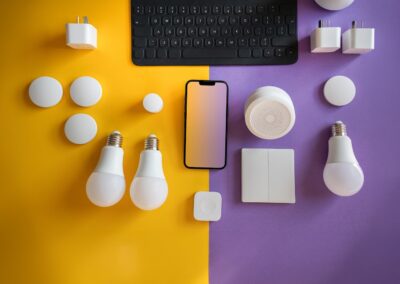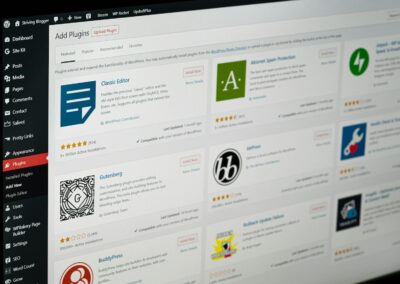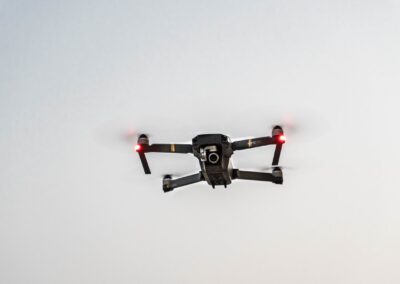Strategies for Effective and Timely Data Collection Alerts
The Importance of Real-Time Notifications in IoT Applications
The implementation of real-time notifications in IoT applications serves as a powerful tool to enhance user awareness and trust. With the proliferation of IoT technologies in regions like Saudi Arabia and the UAE, where smart cities and advanced digital infrastructure are rapidly developing, real-time notifications have become essential for maintaining transparency and fostering user confidence in these systems.
Real-time notifications provide immediate alerts to users whenever data collection occurs, allowing them to stay informed about how their information is being used. This is particularly important in IoT environments where data is continuously generated and transmitted, often without the user’s active involvement. By providing timely updates, organizations can demonstrate their commitment to data privacy and empower users to make informed decisions about their interactions with IoT devices.
For business executives in Riyadh and Dubai, implementing real-time notifications can enhance customer trust, leading to stronger brand loyalty and competitive advantage. In sectors such as healthcare, finance, and retail, where data privacy is paramount, these notifications ensure that users are always aware of the data being collected, how it is being used, and who has access to it. This transparency not only complies with data protection regulations but also builds a foundation of trust that is essential for long-term business success.
Methods for Delivering Real-Time Notifications
Effectively delivering real-time notifications in IoT applications requires a strategic approach that considers the user experience, technological capabilities, and security implications. One of the most common methods is through push notifications, which are instantly delivered to the user’s device. Push notifications are widely used in mobile apps and can be seamlessly integrated into IoT applications to provide immediate alerts about data collection activities. For instance, in a smart home setup in Dubai, users can receive real-time notifications when their smart thermostat adjusts settings or when their security cameras detect motion, allowing them to stay informed and in control of their environment.
Another effective method is the use of in-app notifications, which appear within the application itself. This approach is particularly useful in IoT systems where users frequently interact with the app, such as in wearable health devices or connected cars. In-app notifications can provide detailed information about the data being collected, including its purpose and duration, directly within the user interface. For businesses in Riyadh, where digital health initiatives are gaining momentum, in-app notifications in health-related IoT applications can ensure that users are fully aware of the data being tracked, fostering a sense of security and engagement.
Email alerts are also a reliable method for delivering real-time notifications, especially for IoT applications that may not have constant user interaction. Emails can provide comprehensive summaries of data collection activities, including timestamps, the type of data collected, and any relevant security measures taken to protect the information. For enterprises in Saudi Arabia’s financial sector, email notifications can be an effective way to keep clients informed about data collection related to their financial transactions, ensuring compliance with regulatory requirements while maintaining transparency.
Best Practices for Implementing Real-Time Notifications
Implementing real-time notifications in IoT applications requires careful planning to ensure that the notifications are effective, non-intrusive, and aligned with user expectations. One best practice is to provide users with control over their notification preferences. Allowing users to customize the types of notifications they receive, the frequency, and the delivery method ensures that they are not overwhelmed by alerts and can tailor the experience to their needs. For businesses in Dubai and Riyadh, offering these customization options can enhance user satisfaction and reduce notification fatigue, which can occur if users feel inundated with unnecessary alerts.
Another key practice is to ensure that notifications are clear, concise, and informative. Notifications should provide essential details about the data being collected, why it is being collected, and how it will be used, without overwhelming the user with technical jargon. Clear communication builds trust and ensures that users understand the implications of the data collection process. In the context of executive coaching services, leaders can emphasize the importance of clear and transparent communication in building strong relationships with customers and stakeholders.
Additionally, security considerations must be at the forefront when implementing real-time notifications. Ensuring that notifications are delivered securely, especially when dealing with sensitive data, is crucial to maintaining user trust. This includes encrypting notification content, verifying the identity of the recipient, and preventing unauthorized access to notification settings. For organizations in Saudi Arabia and the UAE, where data protection regulations are stringent, adhering to these security best practices is essential for compliance and maintaining a strong reputation in the market.
Conclusion
In conclusion, real-time notifications in IoT applications play a vital role in enhancing user awareness and trust by keeping users informed about data collection activities. By leveraging methods such as push notifications, in-app alerts, and email notifications, organizations in Riyadh, Dubai, and beyond can ensure that users are always aware of how their data is being used. Implementing these notifications with a focus on user control, clear communication, and robust security practices is essential for building a transparent and trustworthy IoT environment. As IoT continues to expand, prioritizing real-time notifications will be key to maintaining user confidence and achieving long-term business success in the digital age.
—
#IoT, #notifications, #datacollection, #cybersecurity, #businesssuccess, #moderntechnology, #AI, #blockchain, #UAE, #SaudiArabia, #Riyadh, #Dubai, #executivecoaching, #leadership, #projectmanagement

